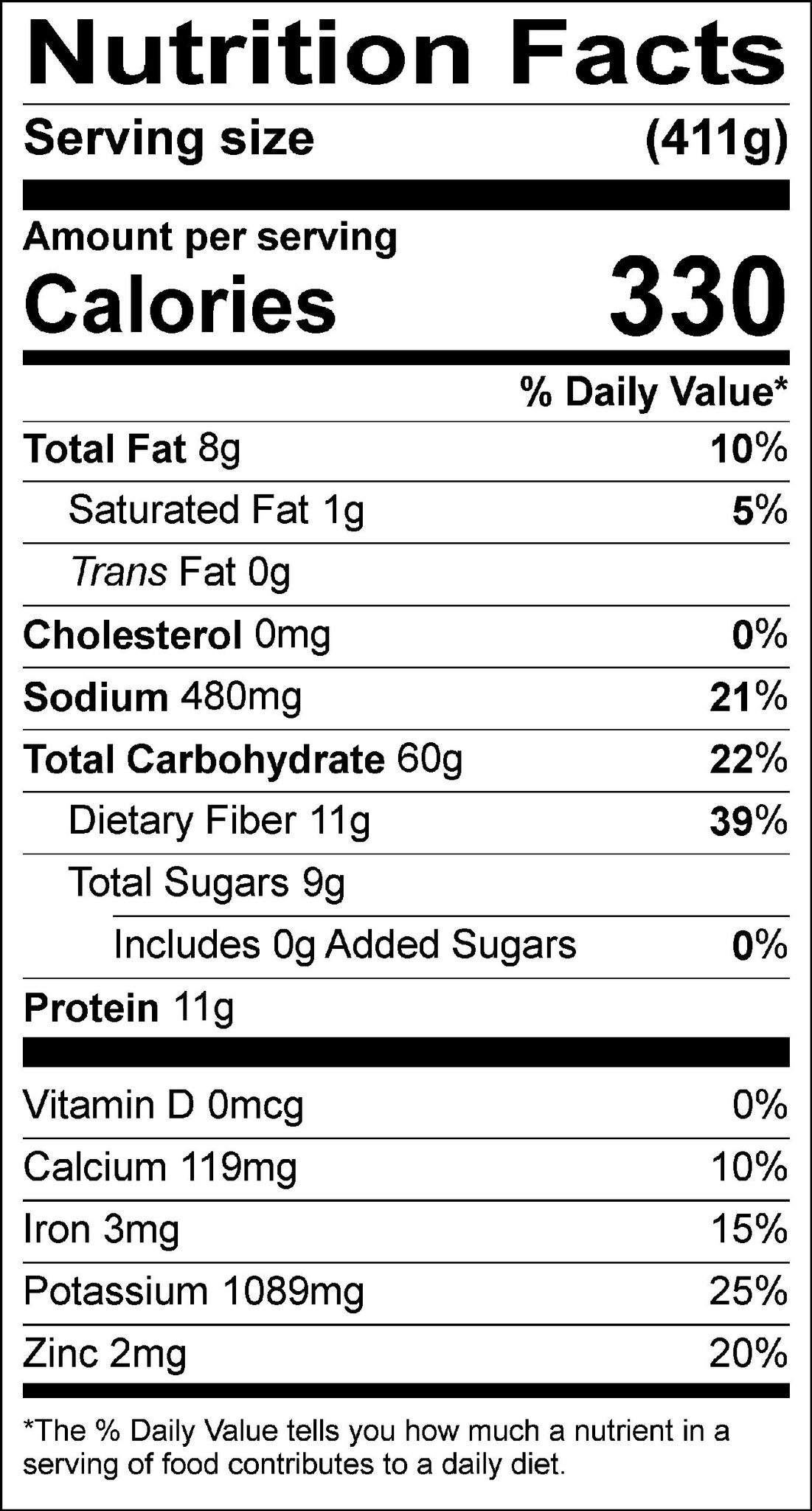
According to Mayo, this type of fiber helps regulate blood levels of both glucose and cholesterol. The majority of acorn squash’s fiber is soluble fiber. Acorn squash also contains small amounts of iron, calcium, zinc and phosphorus.Īcorn squash provides 5 grams of dietary fiber in every 1/2-cup serving, an amount that fulfills 18 percent of the recommended daily intake of fiber. Regularly eating potassium- and magnesium-rich foods like acorn squash can lessen your chance of stroke, osteoporosis, depression and diabetes. Magnesium regulates potassium levels, strengthens bones and teeth and aids in proper energy metabolism. As both a mineral and an electrolyte, potassium plays a vital role in muscle contraction and in maintaining the body’s water balance. Steam or bake the squash instead of boiling it to keep vitamin C from being lost in the cooking water.Įach 1/2-cup serving of acorn squash contains 13 percent of the recommended daily allowance of potassium and 11 percent of the RDA of magnesium. To maximize the amount of vitamin C you receive from acorn squash, use the vegetable three to four days after purchase and cut it only right before cooking. The vitamin C content of foods is degraded by exposure to air, light, heat and water. Adequate vitamin C intake promotes the health of the immune and skeletal systems and may help prevent hypertension, heart disease, cancer and osteoarthritis.

A 1/2-cup serving of cooked, cubed acorn squash provides approximately 20 percent of the recommended daily allowance of vitamin C for healthy adults following a 2,000-calorie diet. A diet with a high intake of the nutrients provided by acorn squash may decrease the risk of a number of serious medical conditions.Īcorn squash contains vitamin A, niacin, folate, thiamine and vitamin B-6, but it is an especially good source of vitamin C.

Acorn squash is rich in vitamins, minerals, dietary fiber and antioxidant compounds. Like its close cousin’s butternut squash and spaghetti squash, acorn squash is more nutrient-dense than all types of summer squash. Its firm, yellow-orange flesh has a mellow, sweet flavor that pairs well in dishes containing bacon, garlic, maple syrup or spices such as sage or nutmeg. Acorn squash is a small variety of winter squash named for its resemblance to a large acorn.


 0 kommentar(er)
0 kommentar(er)
